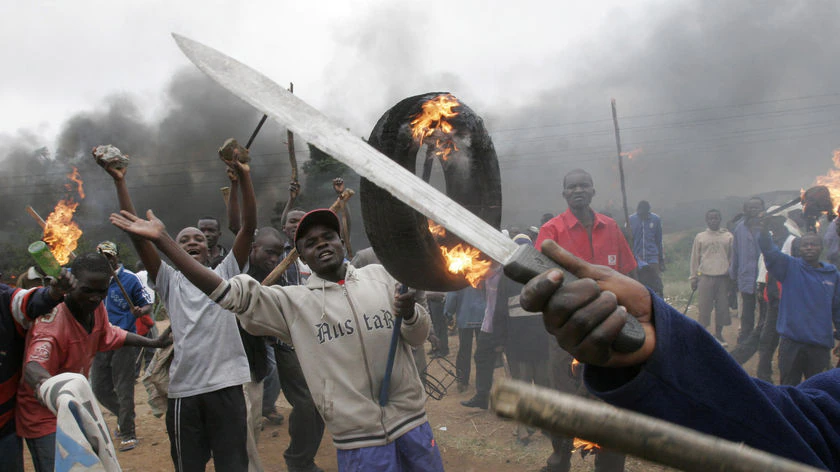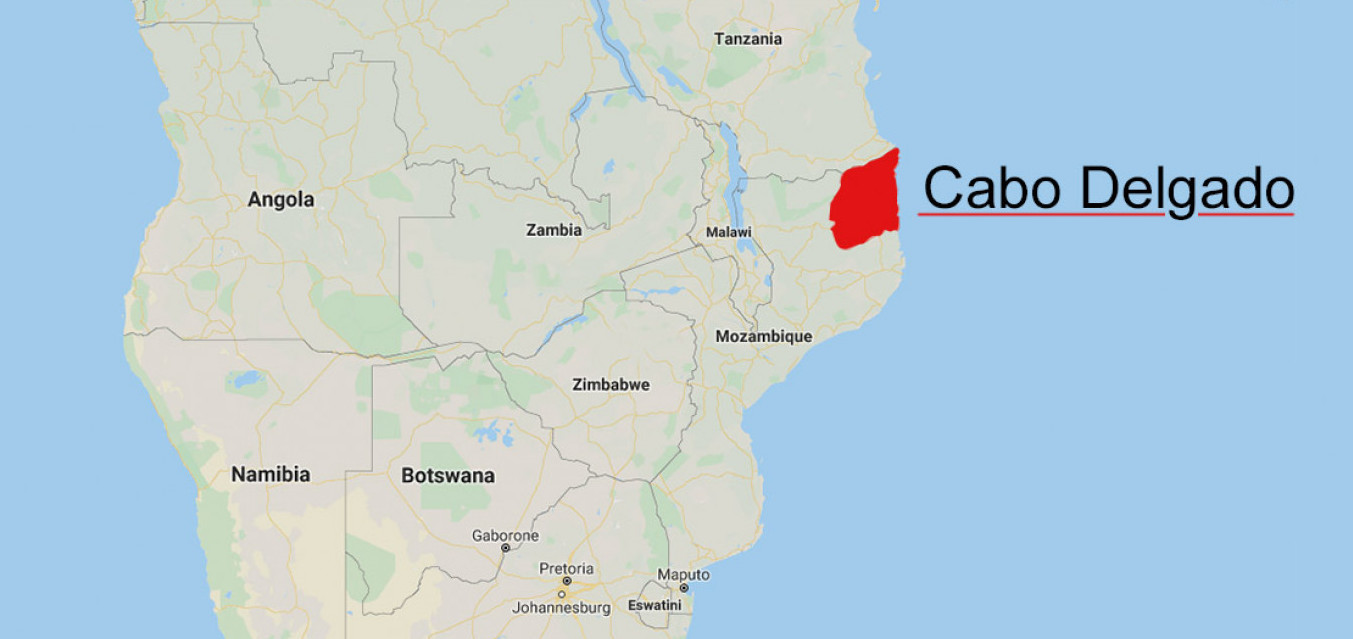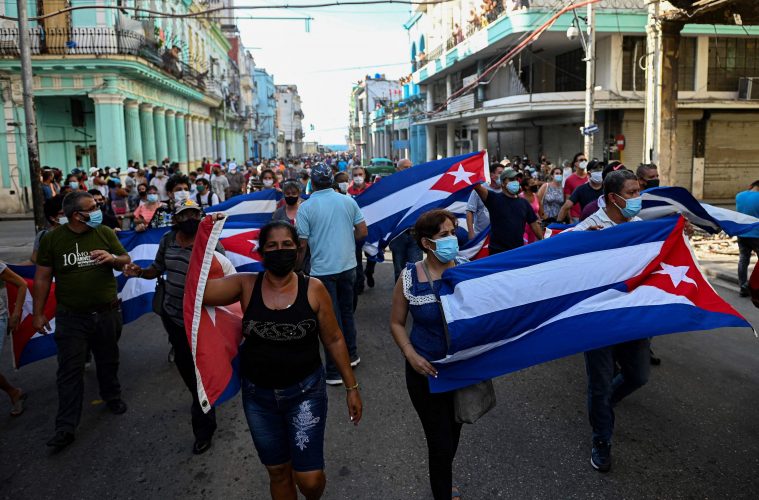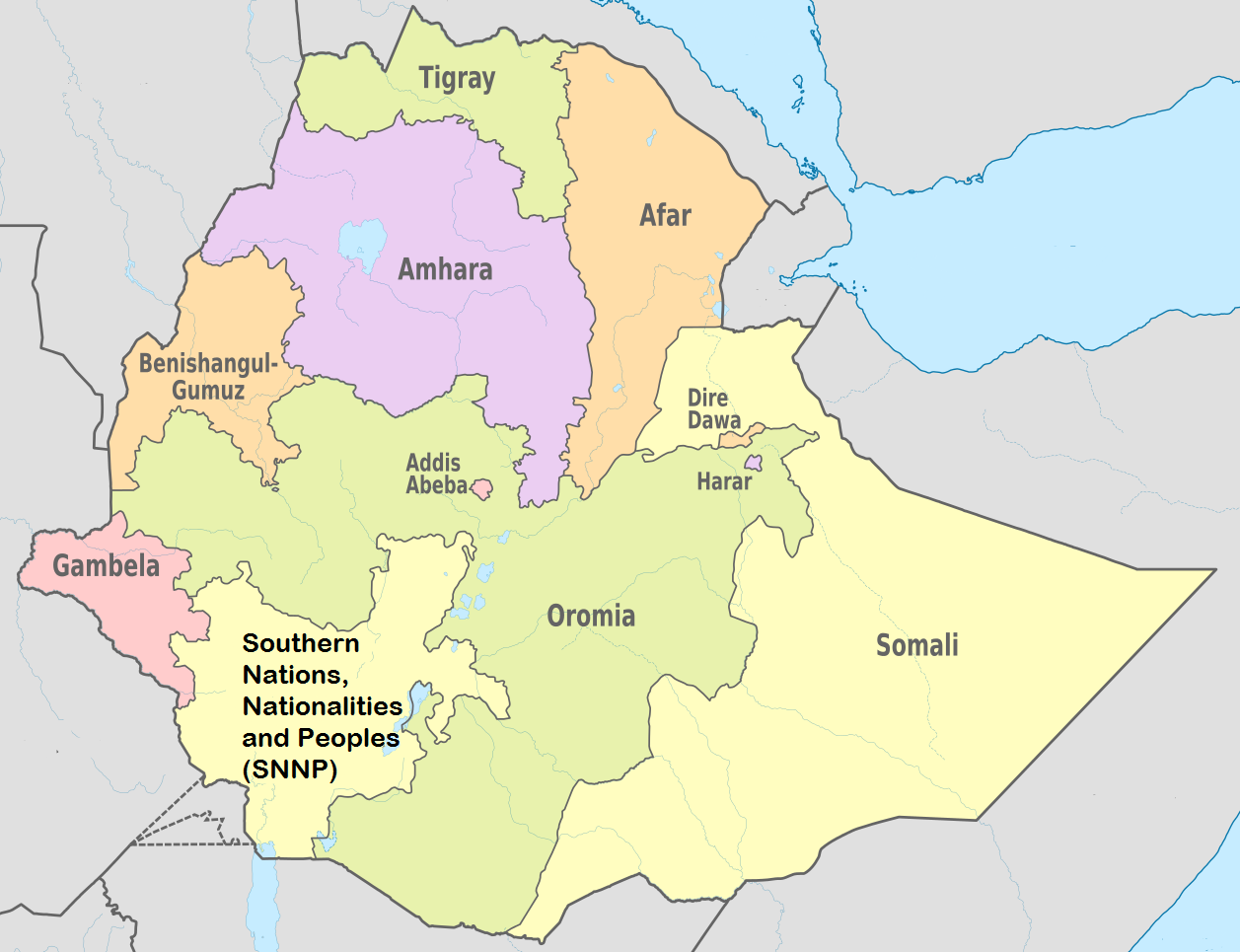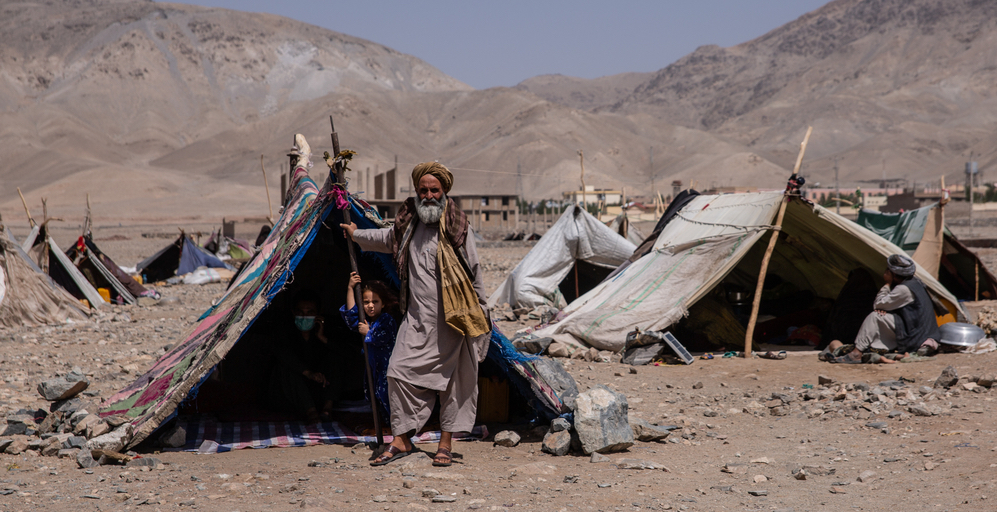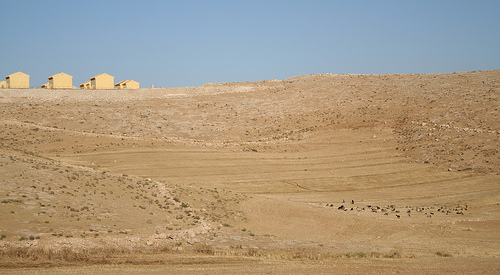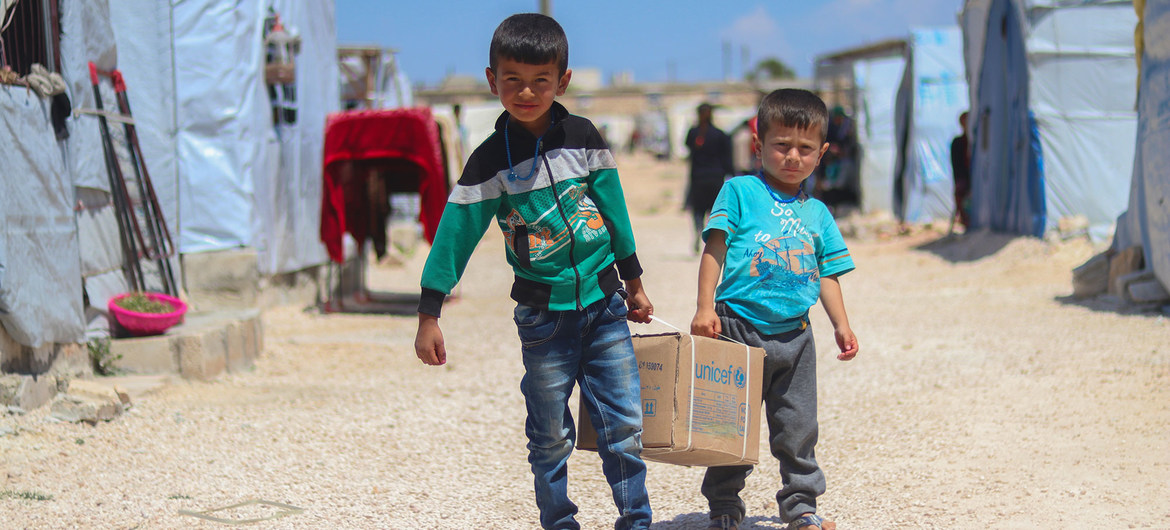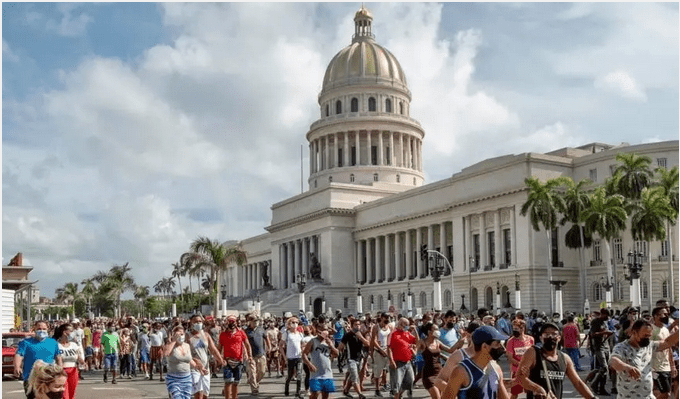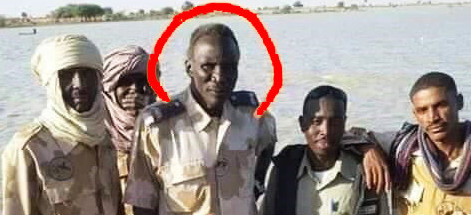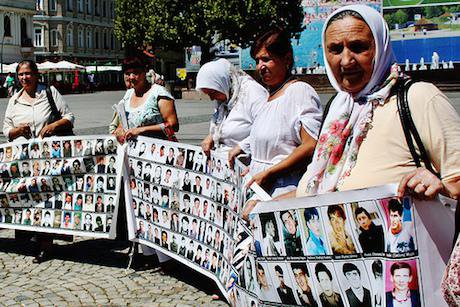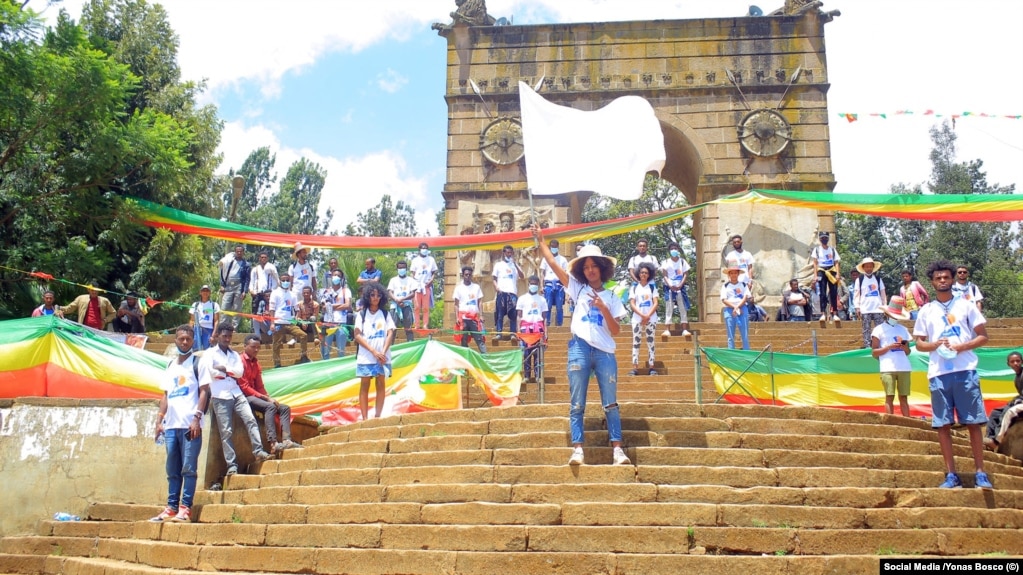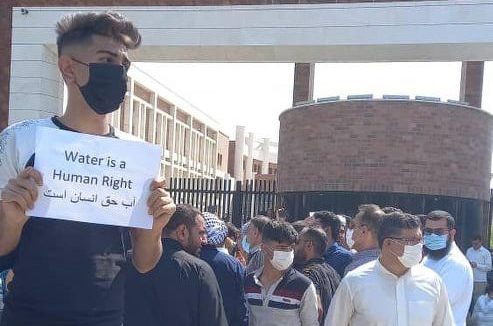
Iran: protests over water rights in Ahwazi region
Two were killed as Iranian security forces opened fire on Ahwazi Arab protesters in Ahvaz, capital of southwestern Khuzestan province. The deaths came after days of demonstrations in the Arab-majority region, which is stricken by withering drought. Hundreds of sheep, cattle, buffalo and other livestock have died over the past weeks. The protests began a week ago, with a peaceful vigil outside the governor’s office, demanding that authorities open the sluice gates on the network of massive hydroelectric dams built upstream on the region’s main rivers, which divert some 90% of the waters to other regions of Iran. Protesters held up placards in Arabic, Persian and English, with messages including: “Water is a human right”, “We are thirsty–give us water!”, “Stop killing our environment!”, and “Stop drying out the Ahwazi rivers and marshlands!” The protesters also chanted slogans condemning Iran’s central government, such as “The regime keeps us in poverty in the name of religion!” (Photo: Dur Untash Studies Center)



